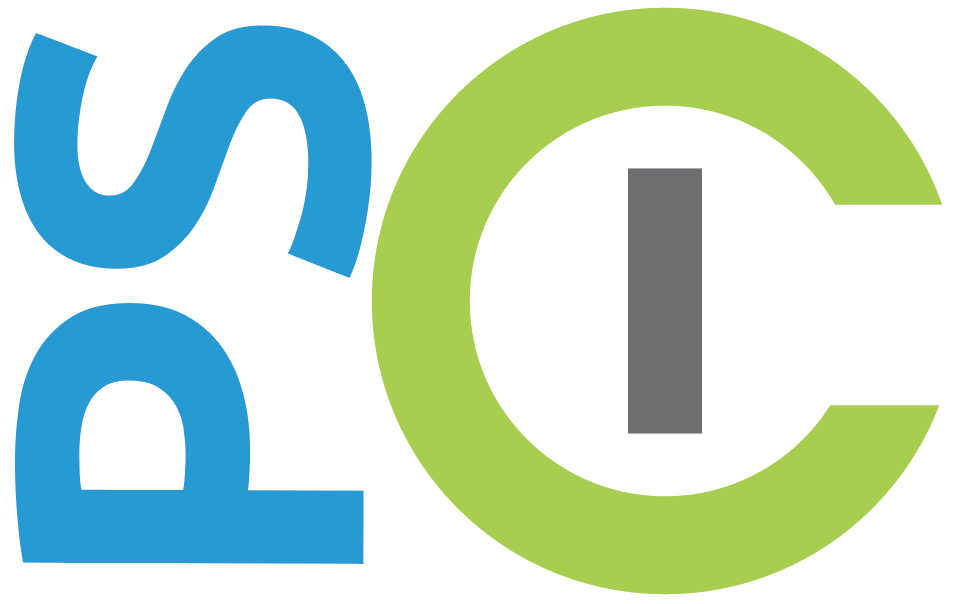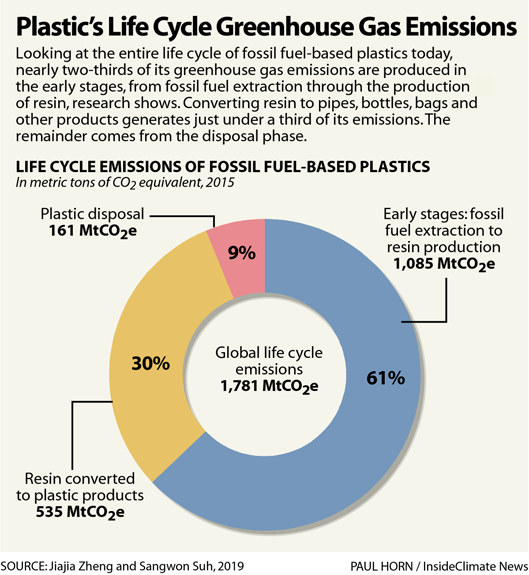Single-use Plastic & Alternatives
Contributor: Keegan Ramsden
Introduction
Single-use plastics are a large contributor to climate change. Thankfully, there are some ways to control this problem: sustainable alternatives to single-use plastic.
There are four main stages of plastic’s life:
Extraction and transport
Plastic refining and manufacture
Managing plastic waste (recycle, trash, landfills, ocean)
Its ongoing impact in our oceans, waterways, and landscape.
Every stage of this plastic’s life has an impact on our climate and emits an extreme amount of greenhouse gases. Plastic production to carbon dioxide released is around a 1:5 ratio, so for the 150 million tons of single-use plastic produced in 2018 created 750 million tons of carbon. Plastic pollution could be managed, but sadly, only 9% of plastic is recycled, so it’s become a bigger problem. This is a universal issue that may sound difficult to improve the situation since we live in a world so reliant on plastic, but it’s not impossible. There are countless solutions that could put a stop to plastic pollution.
Carbon Emissions to Plastic Production trend over time.
Reusable Water Bottles
Rather than using plastic water bottles, you can fill your reusable one up—for free! Why go out and buy plastic bottles just to throw the waste out when you could just buy one reusable bottle and use it countless times? Companies such as Starbucks, QDoba, Dunkin, and most others will allow you to skip the plastic cup and get your drink in the bottle/mug. Just ask!
Recommended Brands:
Swell ($35 for 16 oz bottle)
Starbucks Bottles (vary based on location and type, typically $8-25)
HydroFlask ($24.95 for 16 oz bottle)
REI Quit Single Use Bottle ($32 for 32 oz bottle)
Pantone Tritan Bottle ($15 for 16.9 oz bottle)
How this will help the environment:
It takes an extreme amount of energy and materials to make plastic bottles, which end up going into the ocean or landfills after only one use.They have a huge carbon footprint and since most aren’t recycled, they are stuck here for up to 1000 years before they decompose. When we use reusable bottles, they can be used over and over again and don’t create that same carbon footprint/pollution when used.
Reusable Sandwich Bags/Containers
Although ziplocks have become a common item in every house, they can easily be replaced by something better for your wallet and the environment. Switching to reusable sandwich bags and containers will make your lunch more environmentally friendly and eliminate the constant disposal of plastic. They are cost effective, can be used multiple times, and some come with cute designs that will spice up your lunch. If you’re ordering food to go, you can provide your own containers (and utensils!) to the restaurant rather than wasting all those single-use plastic containers or styrofoam. Call ahead and place your order with your containers.
Recommended Brands:
Full Circle Reusable Sandwich Bags ($7.99 for 2)
Blueavocado bags ($19.99 for 5)
Stasher reusable ziplocs ($11.95 for 1)
How this will help the environment:
Single-use sandwich bags are a worldwide product that people go through multiple times a day. If we could stop wasting all this plastic and use the reusable ones, we wouldn’t have as much of a plastic problem. With takeout, there are many boxes, bags, and containers that will just be disposed of when you order. Using your own containers is a great solution to this that will leave less of an impact on the environment.
Reusable Grocery Bags
Reusable bags can be utilized in many different ways: bagging groceries, carrying books, for storage, and more. When grocery shopping, there are a lot of plastic bags used that most people throw out. Even if you use paper, it’s still bad for the environment. Replacing your plastic bags with reusable ones is a cheap and easy way to improve your carbon footprint. This can even save you money. Some stores even give you a discount for using these bags (Wegmans, Target, Whole Foods, etc).
Recommended Brands:
Brand Bags, often in supermarkets (.50 to $2.99 each)
iFAVO Bags ($18.99 for 6)
EcoBag Mesh Produce Holders ($5.26 for 1)
EarthWise Canvas Bags ($14.29 for 4)
Planet E Collapsible bags ($24.99 for 3)
Simply Green colored bags ($20 for 10)
How this will help the environment:
An estimated 12 million barrels of oil are used to manufacture the 30 million plastic bags that Americans use each year. The bags interfere with marine life and kill around 100,000 animals every year. We need to be more conscious about our actions because it affects the world around us. Switching to reusable bags would improve the well-being of Earth and help marine animals.
Reusable Straws
In the past year, metal straws have been a popular product. Skip the straw, save a turtle has been a well-used slogan and metal straws have been more popular than ever. This is great, but it’s not enough. Every year, marine animals digest plastic that could kill them, most of this plastic coming from straws. Straws are small enough to be digested but can’t be recycled because they’re too small and bendable to be properly made into something else. Metal straws are a smart switch from using plastic straws—or just don’t use any straw at all!
Recommended Brands:
Amazon’s Pick for Metal Straws ($10 for 21)
Glass Straws on Amazon ($8 for 8)
Handmade Glass Straws ($9.95 each)
How this helps the environment:
Straws are correlated with many environmental problems, especially marine life. If we eliminate the use of plastic straws, it will help us and our surroundings!
Graph for Plastic Straw’s Carbon Dioxide Emissions.
Sustainable Toothbrushes
We go through 4+ toothbrushes every year. These can’t be recycled so our toothbrushes end up in landfills or the ocean and take up to 1000 years to decompose. Thankfully, there’s a better solution. There are sustainable toothbrushes that are made of bamboo, metal, and recycled materials, among many others. Although many are biodegradable, others are made of hardy materials, with replaceable tips.
Recommended Brands:
Corn Starch Toothbrush ($6.99 each)
quip Metal Reusable Brushes ($40 for 1)
The Brush Brand Bamboo Biodegradable Toothbrush ($18.99 for 10)
EcoFam Silver Infused Brush ($4.27 for 1)
Burst Rose Gold Toothbrush ($99.99 for 1)
How this will help the environment:
These sustainable toothbrushes will help the waste problem that happens with toothbrushes. They are also made from plants and other natural sources, so there isn’t the same carbon footprint with them that there is with the plastic toothbrushes.
Although it may seem like a big change to replace the single use-plastic we use so frequently, it can be more simple than people think and can contribute to the global trend of sustainability.




